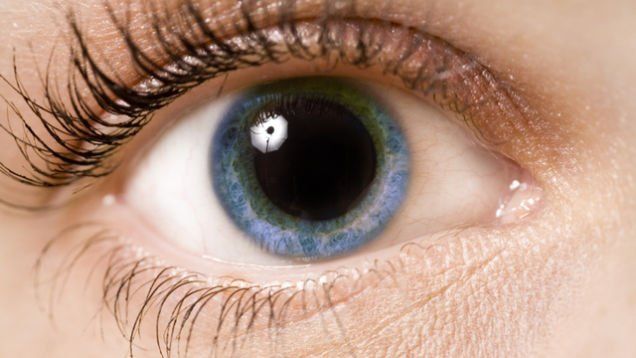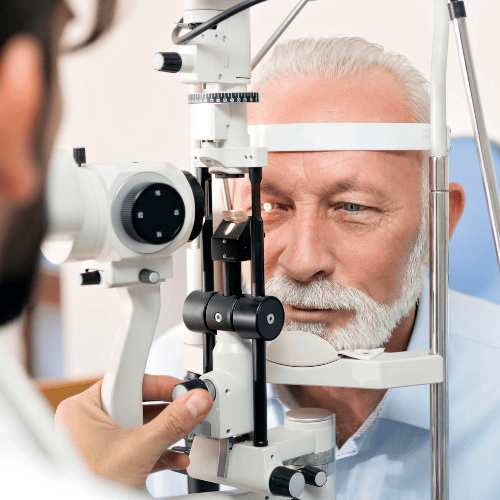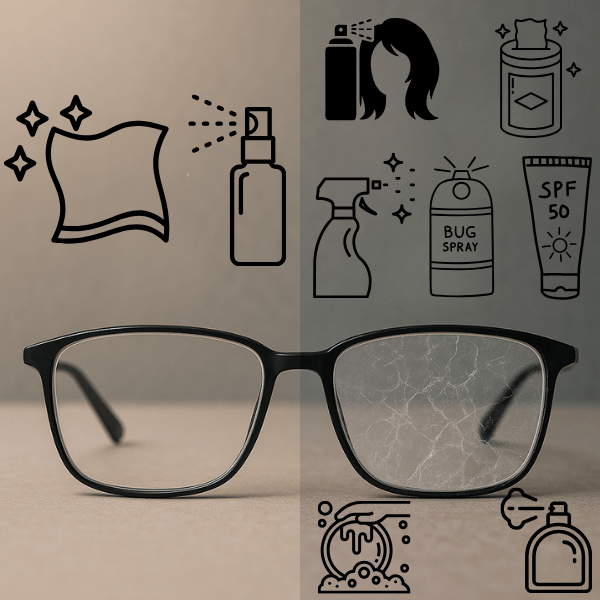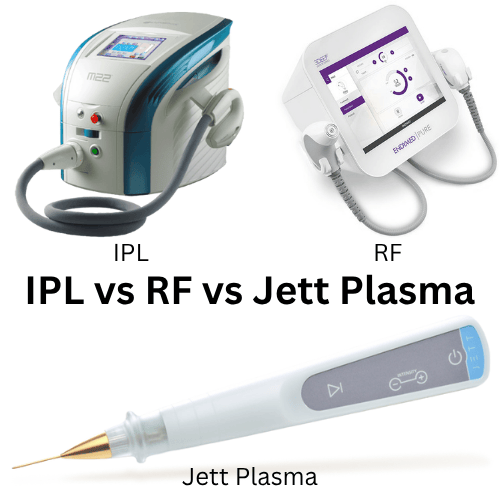WHY DO WE NEED TO DILATE YOUR EYES?

In response to a common question, this month we will discuss the reasons for pupil dilation.
Dilating the pupils may be done for two different reasons. The first is to improve the view into the inside of your eyes. If you have one or more risk factors for eye disease such as diabetes, cataracts, macular degeneration or glaucoma it may be necessary to temporarily make the pupils wider in order to see the retina as clearly as possible. This allows the doctor to tell how likely you are to develop eye disease or, in the case of an existing condition, how advanced it may be.
The second reason for pupil dilation is to determine the correct strength of your glasses prescription. This is done less frequently but is a common test for young children. A different kind of drop is used that has a greater effect on the focusing system of the eye, making it less active and easier to measure. It’s also used in young adults whom the eye doctor suspects may be over-focusing. These patients may test normally without dilating drops but have symptoms such as headaches or trouble reading.
We dilate our patient’s eyes much less often than in the past due to advances in technology that allow an improved view of the back of your eyes without the need for drops. The Optomap® Retinal Exam captures a wide-field view of the inside of your eyes, and in most cases a pupil dilation is not necessary. When we do use drops, they are much shorter-acting than the ones we previously used and most people are not significantly inconvenienced.
Please don’t hesitate to ask if you have any further questions about pupil dilation at your next appointment.











